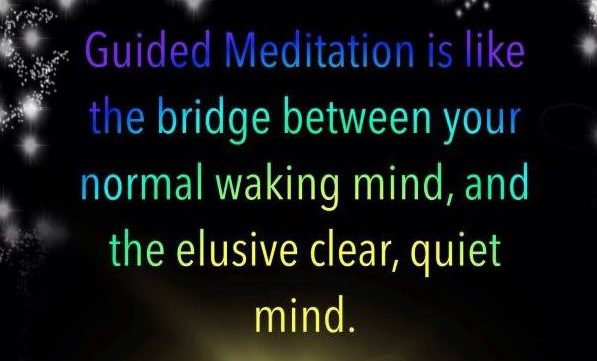Meditation For Bipolar
Meditation techniques can be beneficial for those who have bipolar disorder. The meditative process involves contemplation. It helps a person develop an enlightened view of life and the world around them. After a manic episode, people with bipolar disorder often use meditation as a way to cope with stress. This can be particularly useful if you have suffered from the illness for a long time. While this method is not recommended for everyone, it can be a helpful tool for those undergoing treatment for bipolar disorders.
When you buy through links on our site, we may earn an affiliate commission. As an Amazon Associate I earn from qualifying purchases..
Regardless of whether you are depressed or bipolar, meditation can uplift your mood and reduce stress. Mindfulness practices, such as meditation, calm the mind and decrease stress, so you can focus on the present instead of worrying about tomorrow. The process of mindfulness helps to prevent distressing thoughts and feelings from arising in your mind. As a caregiver, you can help your loved one by being supportive and educating yourself about meditation.
Another form of meditation for bipolar sufferers is Zen. This practice focuses on the present moment with a focused and non-judgemental attitude. Many people believe that it can help them reduce stress and improve mood. However, it is important to note that this technique is not a substitute for a psychiatrist. Psychologists should always consult a doctor before starting any meditative practice. In addition to meditating daily, other treatment options, such as psychotherapy, may be necessary for effective treatment.
Besides the many benefits of meditative practices, there are also several side effects of meditative practices. Some studies have shown that these techniques can help people who are suffering from bipolar disorder better manage their symptoms. Those who have a bipolar diagnosis should consult with their health care provider before trying meditation. The doctor will be able to tell them if the practice is safe for them. In addition, they should not replace the regular treatment of bipolar disorder.
Despite the many benefits of meditation, it is not always an appropriate treatment for people with bipolar. If you’re already on medication, it’s important to be mindful of your breathing and avoiding your mind from thinking about your symptoms. A calm and relaxed mind will be more likely to make a person feel better and help them deal with their disorder. If you want to try meditation for bipolar, follow these tips and you’ll be on your way to a more peaceful life.
Whether you’re suffering from depression or bipolar, meditating for a few minutes a day can help you control your mood swings and help you manage your condition. While you may find the process of mediation challenging, it should not be a reason to give up. In fact, a meditation session can help you get through the daily struggles and lead a happier, more productive life. If you’re suffering from the symptoms of bipolar disorder, it’s important to find a way to balance your emotions.
The benefits of meditation for bipolar disorder are numerous. Not only can it help you deal with the symptoms of bipolar disorder, but it can also help you get back on track with your life. It’s important to understand that progress will take time and that you may need to practice for years to see real results. But the benefits of meditation for those with bipolar are worth the wait. It can provide relief from the daily challenges of living with this disease.
Although there are no scientific studies to support this claim, there are many studies indicating that meditation is beneficial for people with bipolar disorder. The process of mediation can help patients deal with the symptoms of their condition. It can help them become more aware of their body and reduce their stress levels. It can help them relax and become more aware of their emotions. By practicing mindfulness, you’ll be more in tune with your body and feel more at peace.
One study concluded that meditation builds a sense of peace and calm. It also stabilizes the mood in bipolar disorder II patients. The study participants reported that meditation improved their awareness of their bodies and lowered their anxiety and depression symptoms. The effects were seen in two-year-long randomized controlled trials. BDRS was a form of mindfulness that had positive results for patients with bipolar. In addition to promoting awareness, this practice also helped them feel calmer and less stressed about their symptoms.










